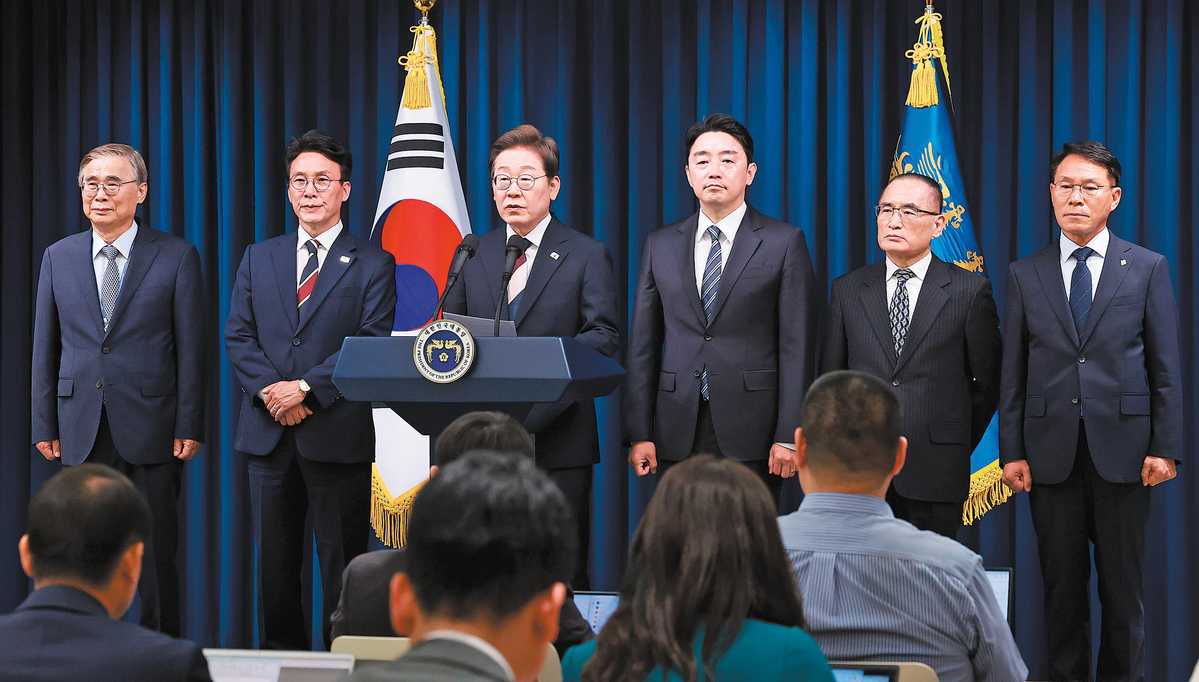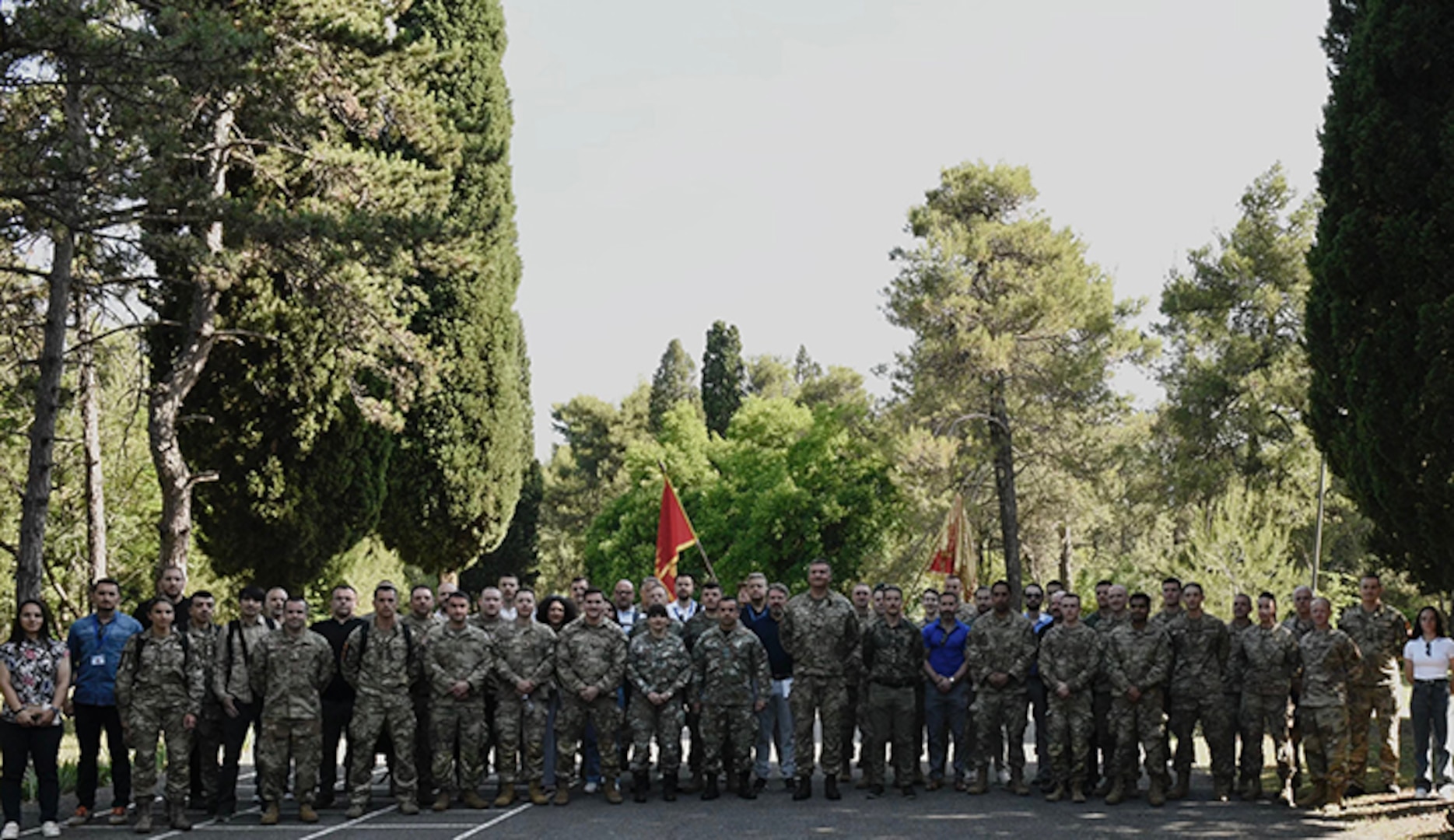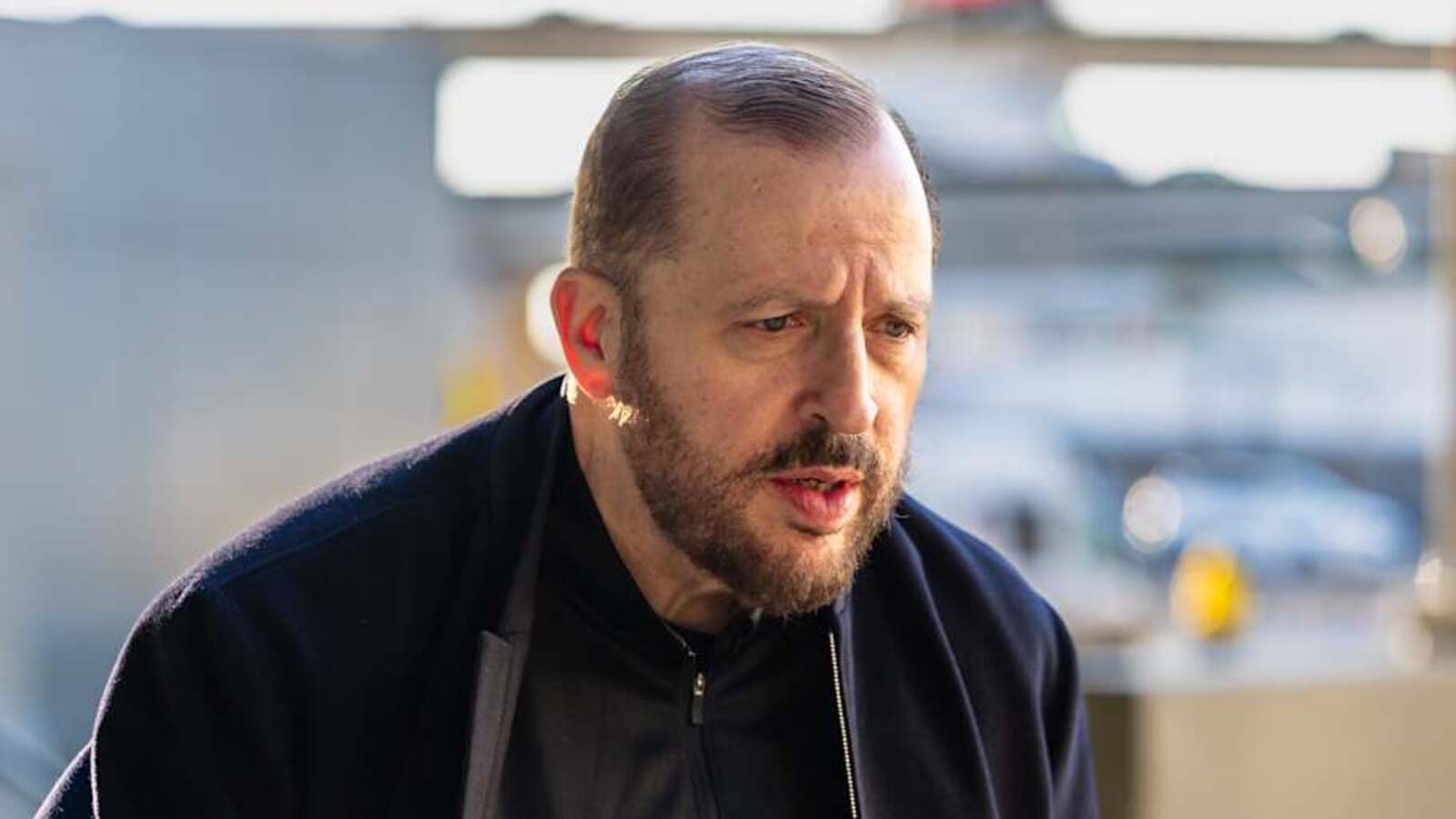ROK's Lee vows to 'revive' nation - World - Chinadaily.com.cn

The new president of the Republic of Korea Lee Jae-myung stressed national unity and economic revitalization in his inauguration speech on Wednesday, aiming to put the nation back on track after months of chaos and uncertainty following his predecessor's ouster over a martial law attempt.
The new leader faces a daunting task due to a deep political divide in the nation, and challenges on multiple other fronts, including diplomacy and trade, with US tariffs among the big problems, experts said.
"It is time to revive a nation pushed to the brink, restore growth, and create a future where everyone can live happily," said Lee, in his first address to the nation as the country's 21st president after taking the oath of office at the National Assembly in Seoul.
Wearing a multicolored tie that comprised white, red and blue, which is different from the blue tie he had kept wearing during the campaign, Lee said he will become the "president for all" who embraces and serves every citizen regardless of who they supported in the election.
Lee, a former human rights and labor lawyer, won Tuesday's presidential election with 49.42 percent of the vote, beating the 41.15 percent garnered by Kim Moon-soo, candidate of the conservative People Power Party, according to Yonhap News Agency.
Since the snap election was held to fill a vacancy in the top office following the impeachment of former president Yoon Suk-yeol over his short-lived martial law decree, Lee began his single five-year term at 6:21 am on Wednesday after the National Election Commission confirmed his victory in the election.
Turnout among the 44.39 million eligible voters reached 79.4 percent in the election, marking the highest in 28 years.
In his speech, Lee said he will pursue a fair and inclusive government, while adopting a "pragmatic and market-oriented" approach to encourage entrepreneurship and innovation.
An emergency task force to tackle economic challenges was formed after he took office.
On security, Lee said he will open communication channels with the Democratic People's Republic of Korea, with an aim of fostering peace on the Korean Peninsula through dialogue and cooperation.
Though Lee mentioned "unity" multiple times in his speech, his election victory will not mean the end of the political divide in the ROK, said Hong Sung-gul, a professor at the School of Public Administration and Public Policy of Kookmin University in Seoul.
"There will be fierce competition between the ruling and opposition parties," Hong told China Daily.
Since Lee failed to secure an absolute majority of votes and won the election with a gap of less than 10 percent, a margin much smaller than expected, there is a glimpse of hope for the conservatives to counter the president, said Bong Youngshik, a visiting professor of Yonsei University in Seoul.
Lee garnered 17.3 million votes, which was the highest in a presidential election. But he did not break the percentage record set by former conservative president Park Geun-hye, who gained 51.55 percent and 15.77 million votes in 2012.
The fact that Lee is still facing legal charges will be an Achilles' heel for the president that the conservative party will focus on, Bong told China Daily.
According to the Constitution of the ROK, a sitting president is immune from criminal prosecutions except for charges of insurrection or treason. But whether that applies to a trial that begins before a president is elected has sparked debate within the country.
Lee "might get himself exempted from prosecution if the National Assembly passes the law to nullify all the charges without trial", said Bong. "But doing so would exacerbate his image of not being clean on the rule of law."
As the ROK is also facing challenges in tariff talks with the United States, Hong of Kookmin University said it will not be easy for the new government to make the situation different because the US administration did not show any willingness to change its original stance.
Meanwhile, a formal inauguration ceremony will be held on July 17, when the ROK marks Constitution Day, according to the presidential office.










